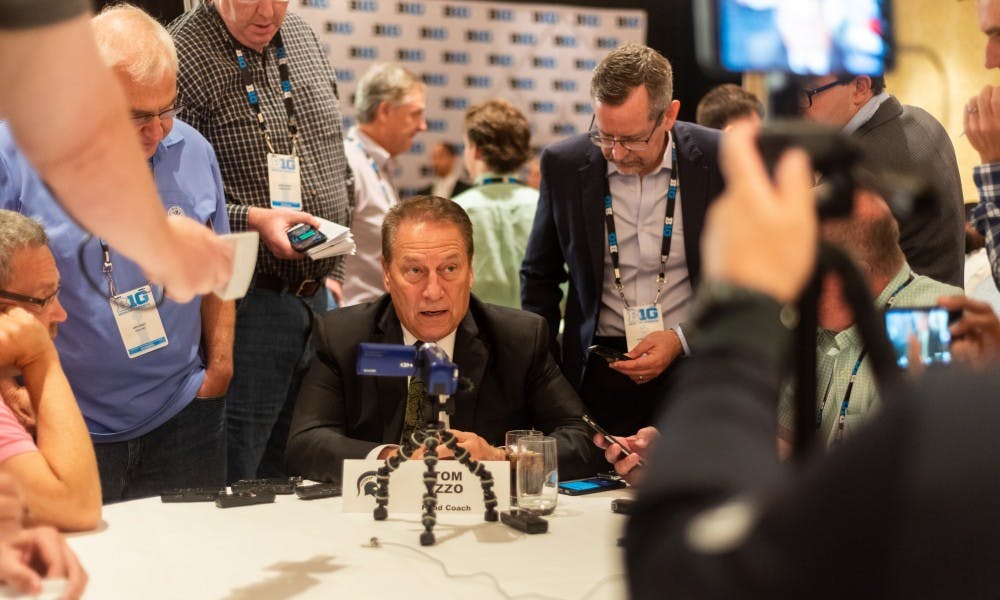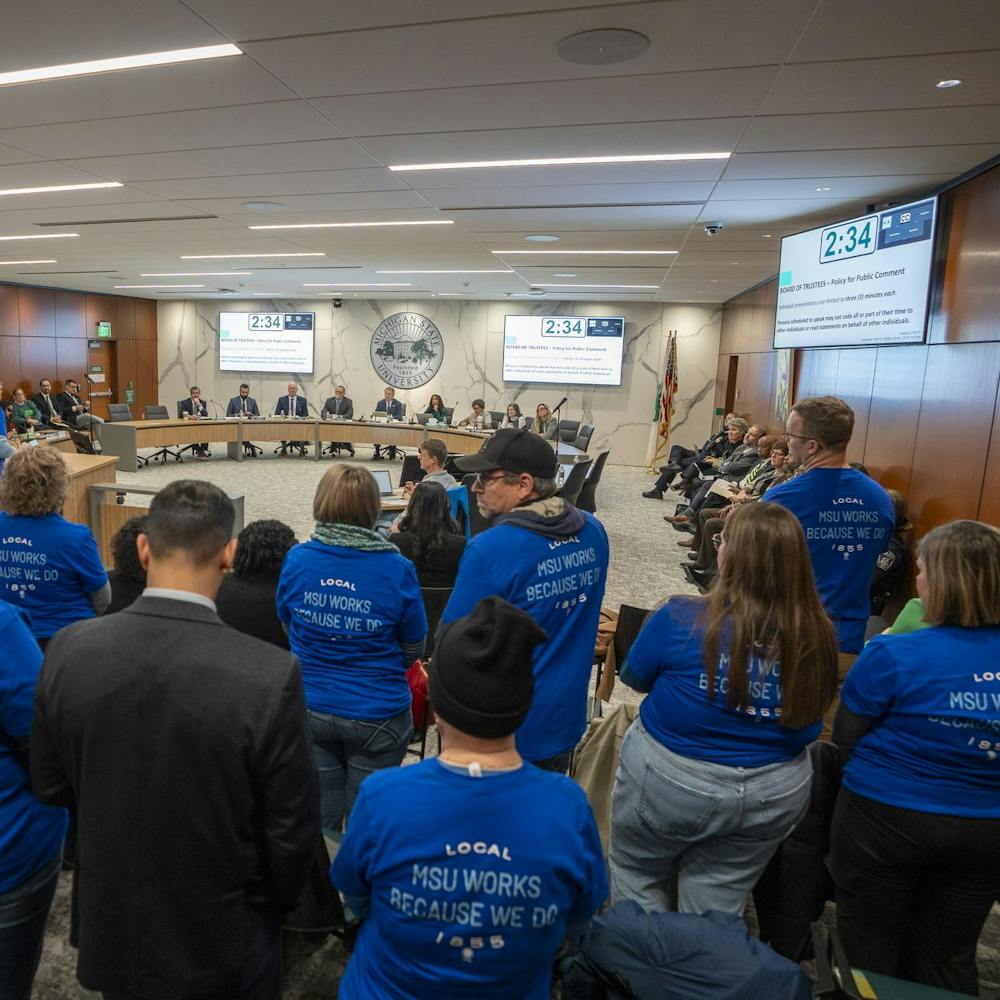A long-standing debate in college athletics has been whether or not its athletes should be paid, and the NCAA has a history of bringing the hammer down on athletes and universities that have been found to violate the rules regarding this issue.
Just last week, a step was taken in the direction of what could be a foundational moment for the future of college sports and the athletes who partake in them.
California Governor Gavin Newsom signed a bill that will allow student athletes to be entitled to compensation based off the use of their name, likeness and image. The bill will not go into effect until 2023 and will also allow athletes to hire agents.
The passing of this bill did not come without resistance from the NCAA. Before Newsom signed the bill, the Los Angeles Times reported he received a letter from the NCAA that detailed their concerns.
They want to preserve the integrity of college athletics and want to prevent it from becoming a professional atmosphere such as the NFL or NBA, the letter said. The letter also addressed the head start California would have when it comes to recruiting three years from now once the bill goes into effect.
This could be the beginning of a domino effect, as Florida has subsequently seen two different representatives filing bills similar to the one passed in California.
Another big change in college sports is the NBA proposing to lower the draft age to 18 from 19. If the draft eligibility age is lowered, high-level high school recruits may opt to forego college and go straight to the NBA.
Michigan State Men’s Basketball Head Coach Tom Izzo said he is not opposed to college athletes getting paid, but he is definitely aware that there are many implications and unknown outcomes that lie ahead.
“I’m in for players getting whatever they can get,” Izzo said at the Big Ten Conference Basketball Media Day on Oct. 2. “I just don’t know what the effects are going to be. And so I’m wide open on it, like I’ve been other things.
“I don’t think I’m giving a politician’s answer. I’ve learned over the last few years that it’s hard to comment on things that you don’t know a lot about, and I don’t know,” Izzo said.
“All this stuff gets thrown at you. I don’t know what it’ll be like to be on a team if some guy is doing this and some guy is getting nothing. I don’t know what that does to the chemistry. I don’t know how many people it’s really going to benefit or to what level it’s going to benefit anybody.”
Michigan State students Ben Wright and Will McCrory, both sophomores, shared their thoughts on the passing of the new bill.
“I feel like it’s going to give California an unfair advantage,” Wright said. “Other states will probably have less recruiting because California is going to have more money to work with.”
McCrory said the bill could have the potential to keep college athletes in school longer.
“I think it’s about ... time we start paying college athletes for their names and likeness,” McCrory said. “I think that this will pave the road for other states to do the same thing so that players can start making money and can spend more time in college.”
A common theme in what Izzo said was that he doesn’t know what the future holds. And right now, it doesn’t seem like anybody does. One thing is for certain, however. The NCAA will look a lot different 10 years from now, and this new bill is just the beginning.
Support student media!
Please consider donating to The State News and help fund the future of journalism.
Discussion
Share and discuss “California Fair Pay To Play Act might cause domino effect” on social media.







